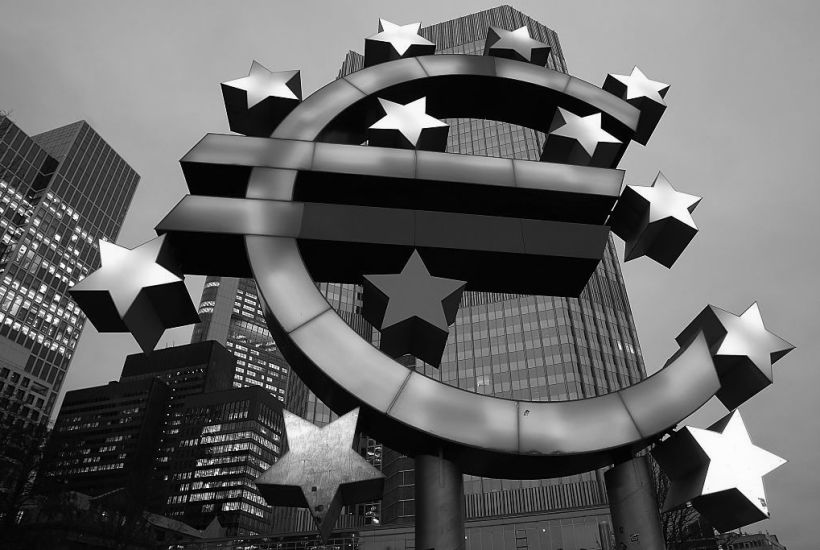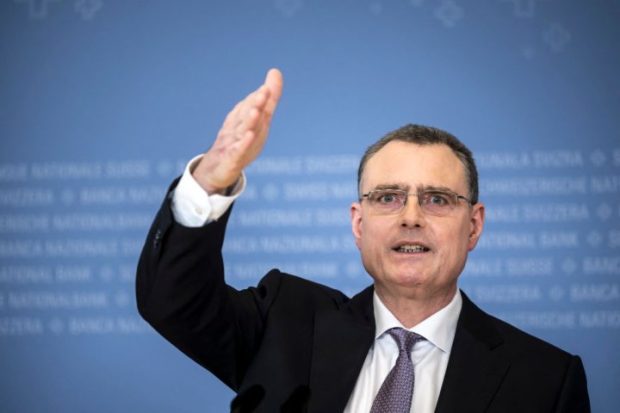Bond yields are soaring. The cost of debt, and very soon mortgages, is rising. And the government is getting nervous about how it is going to borrow the next ten or twenty billion.
This might sound like the opening of a one-year-on post-mortem of Liz Truss’s ill-fated mini-Budget (we have all been treated to those recently). But in fact, it is a description of what is happening right now across Europe. The eurozone is facing its Liz Truss moment, and the results are likely to be every bit as catastrophic.
Across Europe the bond markets are starting to look jittery. Over the last couple of days, the yield on ten-year Italian bonds has risen to 4.89 per cent, the highest level since 2013, while the spread against far safer German debt has reached its highest level since the banking crisis last March. The market was reacting to forecasts from the government that it would borrow another 5 per cent of GDP next year, while growth would slip below 1 per cent. The EU’s grand plan to reboot the Italian economy with hundreds of billions of euros of borrowed money on its own account is lying in tatters. Most of the money was blown on expensive green subsidies that have done nothing to improve its competitiveness and left it with more debt than ever before.
Even more worrying are the creeping doubts about French debt. The yield on its ten-year bonds has risen to 3.5 per cent, its highest level since 2011, after the country was criticised by its own fiscal watchdog for hopelessly inadequate plans to reduce spending next year. Under Emmanuel Macron, France’s debts have ballooned to the third largest in the world in absolute terms, behind only the US and Japan, while the state has grown larger and larger. The markets have grown used to the idea that Italy is a basket case and have learned to shrug it off. If traders start to have doubts about France that will be far more serious. It owes more money, and the debt is far more widely held globally.
In the background, the European Central Bank has pushed interest rates up to the highest level since before the 2008/09 financial crisis and has started winding up the quantitative easing that papered over the cracks in the zone over the last decade. The bond market revolt over the UK’s wild spending last year may have seemed an isolated incident. In reality, Britain may have just faced reckoning a little earlier. The eurozone now looks about to catch up. It may get ugly.
Got something to add? Join the discussion and comment below.
Get 10 issues for just $10
Subscribe to The Spectator Australia today for the next 10 magazine issues, plus full online access, for just $10.





















Comments
Don't miss out
Join the conversation with other Spectator Australia readers. Subscribe to leave a comment.
SUBSCRIBEAlready a subscriber? Log in